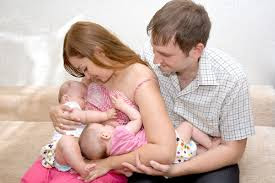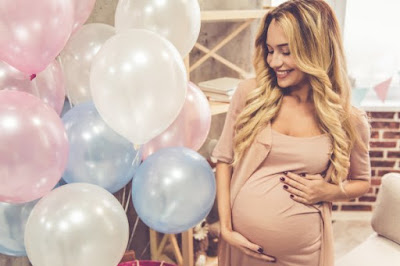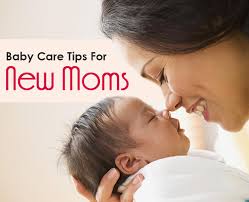Breastfeeding For Babies
Breast-feeding is recommended for babies between the ages of six and twelve months. Infant formula is the only acceptable substitute for breast milk. A breast-fed baby will need to be fed 8-12 times per day at first, especially since both the baby and mother are nursing.
New parents want to provide the best for their children. Breast milk is the best first food for babies in terms of nutrition. Breast-feeding is recommended for babies between the ages of six and twelve months. Infant formula is the only acceptable substitute for breast milk. Solid foods can be introduced to a baby when he or she is 4 to 6 months old, but a baby should drink breast milk or formula, not cow's milk, for the first year. Cow's milk has a different protein profile than breast milk.
This is beneficial to calves, but it can be difficult for human infants to digest. Bottle-fed infants are typically fatter than breast-fed infants, but they are not necessarily healthier. Human milk has at least 100 ingredients that are not found in formula.
breast also promotes jaw development. It takes more effort to get milk from a breast than from a bottle, and the exercise strengthens the jaws and promotes the development of straight, healthy teeth. By sucking and stopping, the baby at the breast can also control the flow of milk. The baby must constantly suck or react to the pressure of the nipple placed in the mouth when using a bottle. A breast-fed baby will need to be fed 8-12 times per day at first, especially since both the baby and the mother are nursing.
Breast milk digests faster than formula, which is why it is necessary to feed more frequently. Another reason for constant breast suckling is to stimulate the mammary glands to produce more milk for the baby's growing appetite. However, the extra time spent feeding the baby during the first year is well worth it because breast milk passes on the mother's immunities and provides the best nutrition for a developing baby.

.jpg)











